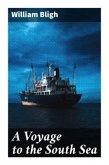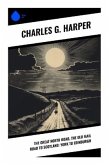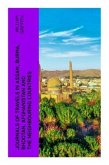In "To Cuba and Back," Richard Henry Dana offers a richly detailed account of his journey to Cuba and the implications of American imperial curiosity during the 19th century. Through a blend of vivid descriptions and keen personal observations, Dana explores the cultural, social, and economic landscapes of Cuba, juxtaposing them against the backdrop of burgeoning American expansionism. His narrative style is not only descriptive but also reflective, providing insight into the complexities of colonial relations and the ethical dilemmas they entail. The book serves as a historical document that sheds light on the period's attitudes towards race, class, and national identity. Richard Henry Dana, a prominent American writer and social reformer, is perhaps best known for his earlier work, "Two Years Before the Mast," which detailed his experiences at sea. His background in maritime law and commitment to social justice likely influenced his keen observations of Cuban society during hisvisit. Dana's engagement with themes of justice and equality can be traced through his career, making this travel narrative not only a personal journey but also a profound commentary on the interconnectedness of cultures and the moral responsibilities of nations. "To Cuba and Back" is highly recommended for readers interested in American literature, travel writing, and historical perspectives on foreign cultures. Dana's eloquent prose invites readers to reflect critically on their assumptions about identity and power in a rapidly changing world, making it a valuable addition to the canon of American literary exploration.
Bitte wählen Sie Ihr Anliegen aus.
Rechnungen
Retourenschein anfordern
Bestellstatus
Storno








